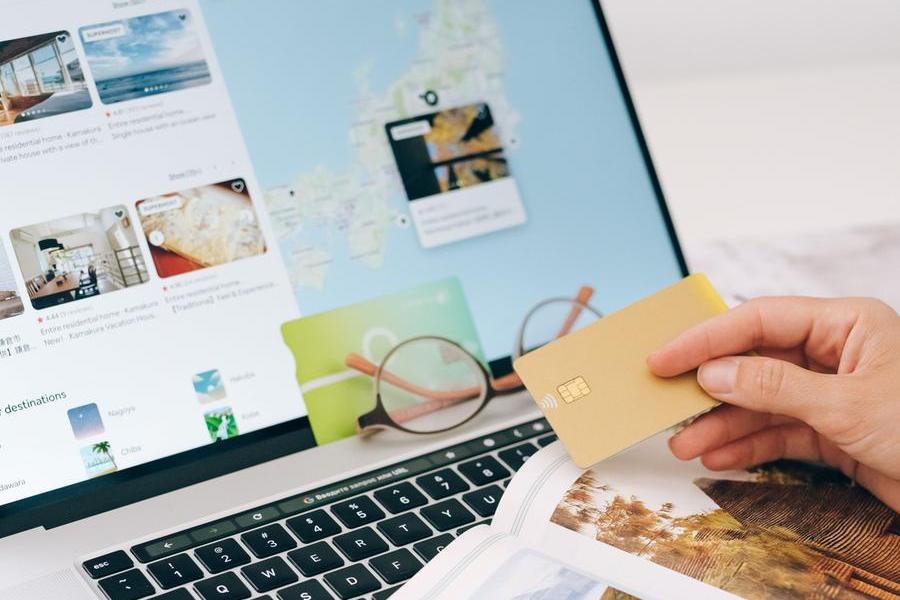Mastercard: Africa's Digital Payments to Hit $1.5 Trillion by 2030
Doha – Africa’s digital payments economy is projected to reach $1.5 trillion by 2030, according to a new Mastercard-commissioned report released today by Genesis Analytics.
The financial services giant has announced major initiatives to accelerate digital adoption across the continent, focusing on three key areas: enabling micro, small and medium businesses – which account for over 50% of Africa’s GDP –, empowering the fintech sector, and scaling cross-border payments.
The report identifies key growth drivers, notably a projected 20% compound annual increase in internet penetration and a 6% annual rise in financial inclusion. Together, these trends indicate a major shift toward digital transaction adoption across the continent.
“Africa is filled with immense possibilities, and its people have the potential to shape the global economy in the decades ahead,” said Dimitrios Dosis, president of Eastern Europe, Middle East and Africa at Mastercard.
He stressed the company’s commitment to driving digital transformation through collaboration with entrepreneurs, merchants, banks, start-ups, telcos, and governments.
The initiative includes the Mobilizing Access to the Digital Economy (MADE) Alliance: Africa, partnering with the African Development Bank Group, which aims to extend digital access to 100 million individuals and businesses over the next decade.
As part of its broader goal to bring users onto Community Pass, Mastercard has set a target to register 15 million users in Africa within five years.
Read also: Mobile Payments Saw 25% Surge in Morocco in 2022
Mark Elliott, division president for Africa at Mastercard, noted the continent’s economic potential, stating: “With Africa projected to host nine of the world’s 20 fastest-growing economies, we are focused on leveraging our expertise and technologies to support the continent’s continued digital transformation.”
In the fintech sector, which has raised $6 billion in equity financing since 2000, Mastercard is expanding partnerships with key players.
Cross-border payments represent a significant focus area, with Africa receiving approximately $100 billion in remittances in 2023, accounting for about 6% of the continent’s GDP, according to World Bank data.
Mastercard says it is facilitating these transactions through partnerships with major African banks, including Access Bank and Equity Bank.
In Morocco specifically, digital payment adoption has been accelerating rapidly. According to Mastercard’s New Payments Index 2022, 75% of consumers in Morocco had used at least one emerging payment method in the year before.
Additionally, 24% used a digital money transfer app, 20% used a tappable smartphone mobile wallet and 10% used a Buy Now Pay Later installment plan.
More recent data from Statista indicates continued growth in Morocco’s digital payments market, which is expected to reach $6.53 billion this year and grow to $8.468 billion by 2028.
To capitalize on this growth, Mastercard has established a strategic partnership with Bank of Africa, one of the country’s largest banks, to accelerate payment digitalization and enhance the bank’s digital financial services portfolio.
The transformation in Morocco aligns with broader consumer trends, as the 2022 index showed that 53% of Moroccan consumers increased their use of at least one digital payment method, while 11% reported using less cash.
Security remains a primary concern for 46% of users when choosing payment methods.












